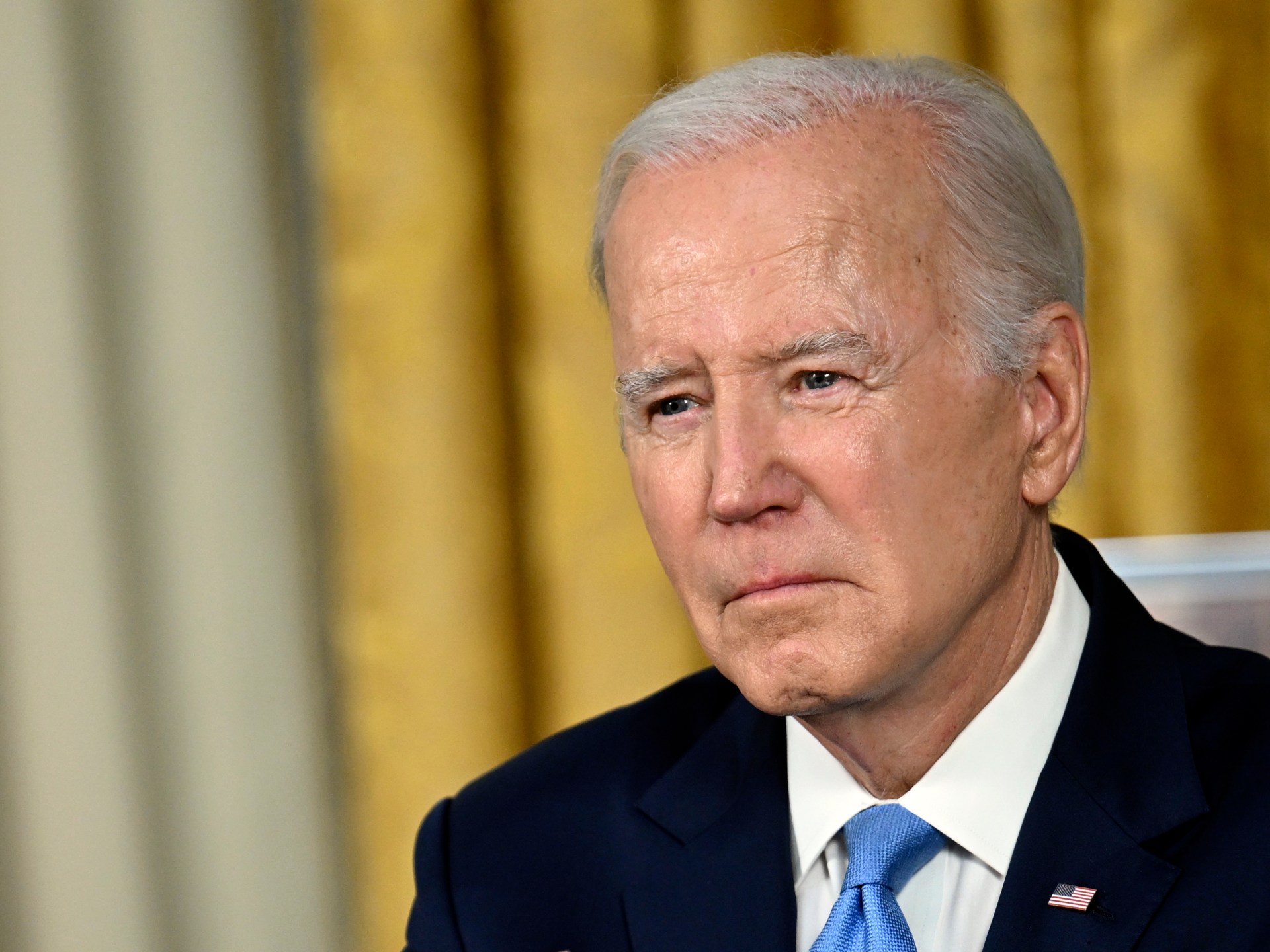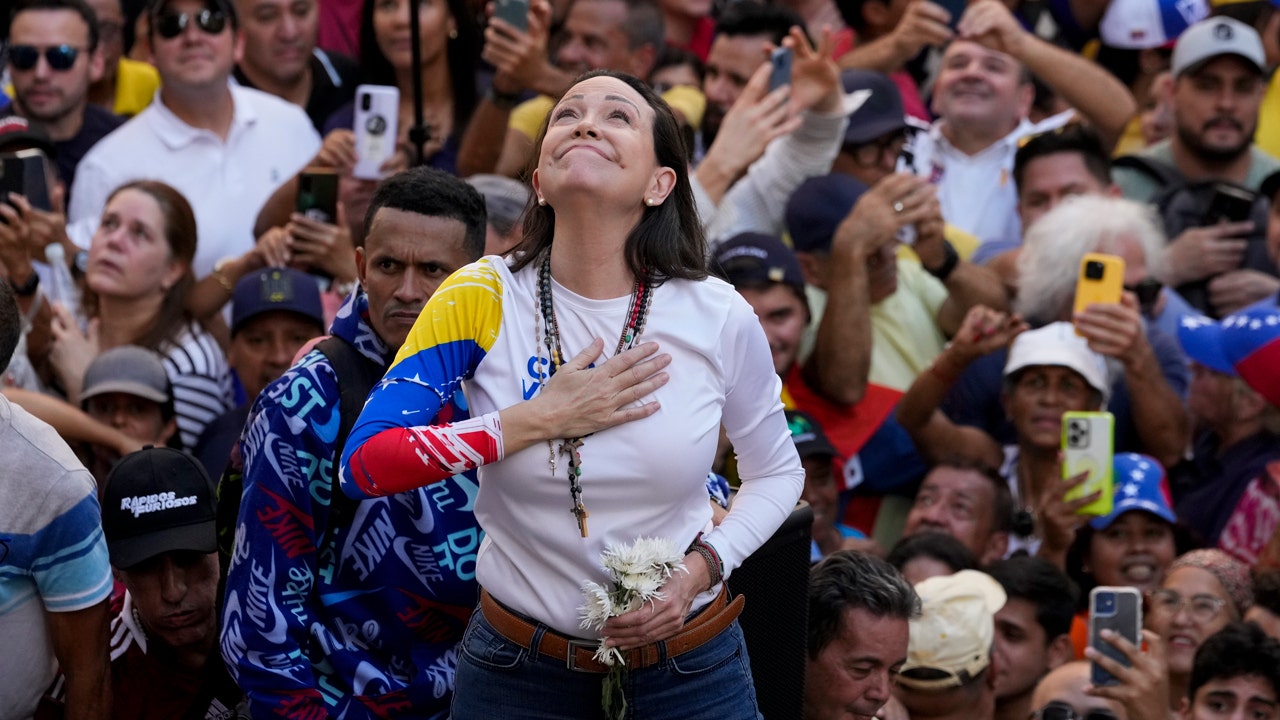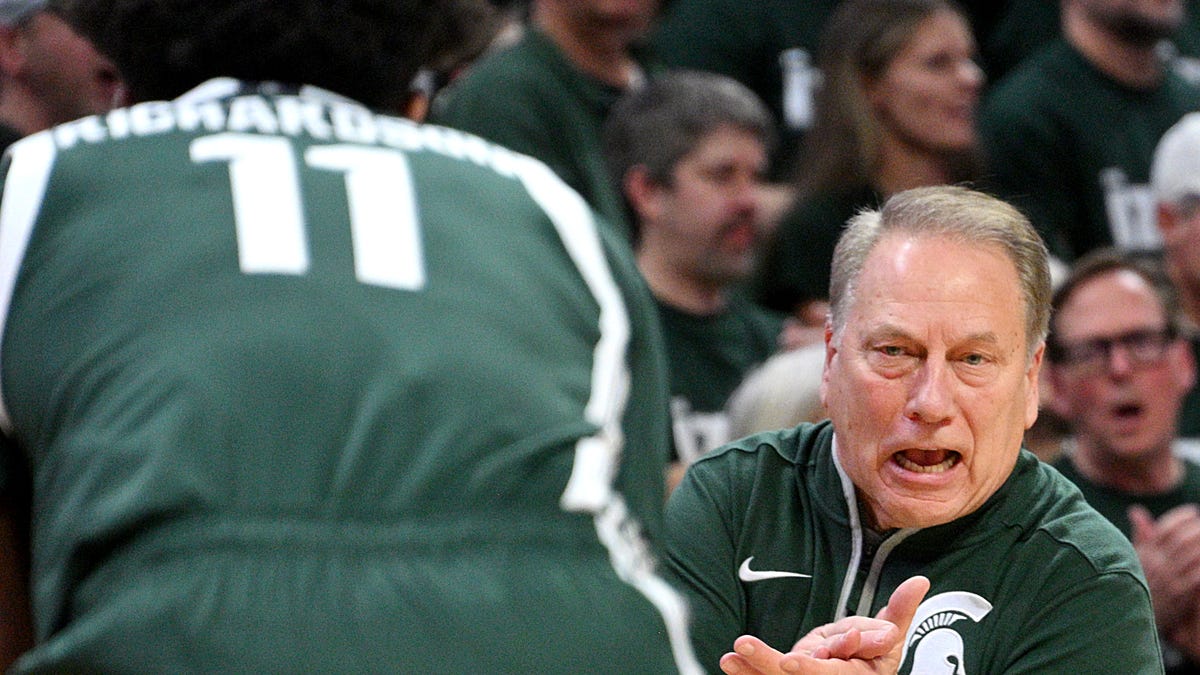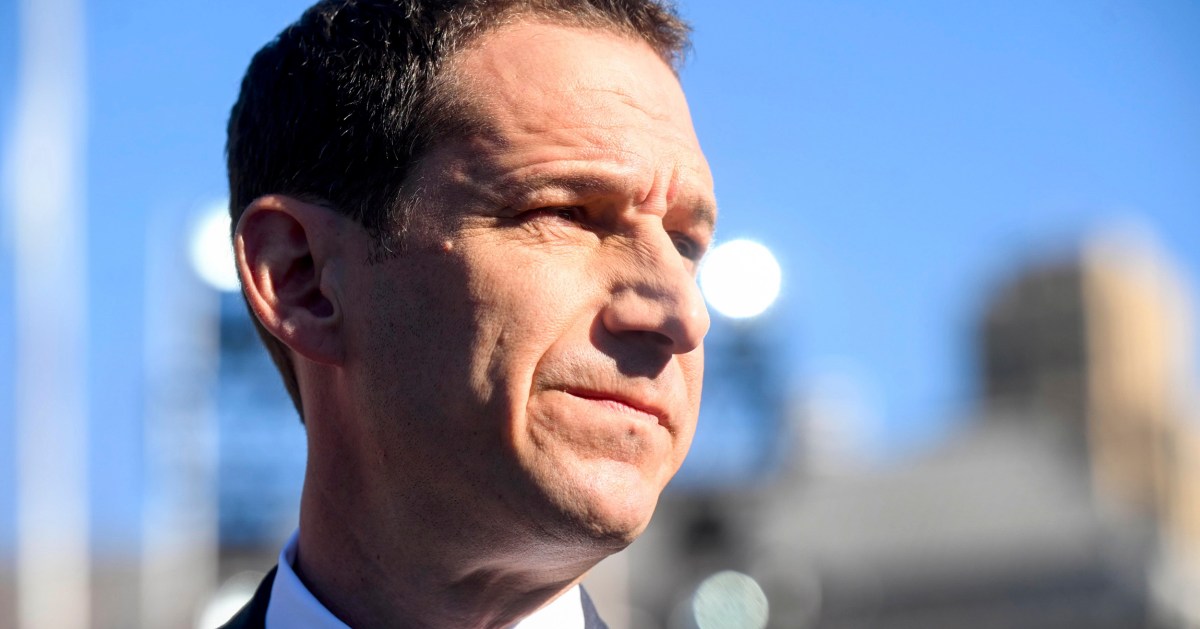World
Biden signs debt ceiling bill, pulling US from brink of default

With just two days to spare, President Joe Biden has signed legislation that lifts the nation’s debt ceiling, averting an economically disastrous default on the federal government’s debt.
The White House announced the signing on Saturday, done in private at the White House, in an emailed statement in which Biden thanked congressional leaders for their partnership.
The Department of the Treasury had warned the country would start running short of cash to pay all of its bills on Monday, which would have sent shockwaves through the US and global economies.
Republicans had refused to raise the country’s borrowing limit unless Democrats agreed to cut spending, leading to a standoff that was not resolved until weeks of intense negotiations between the White House and House Speaker Kevin McCarthy.
The final agreement, passed by the House on Wednesday and the Senate on Thursday, suspends the debt limit until 2025 – after the next presidential election – and restricts government spending. It gives lawmakers budget targets for the next two years in hopes of assuring fiscal stability as the political season heats up.
Raising the nation’s debt limit, now at $31.4 trillion, will ensure the government can borrow to pay debts already incurred.
“Passing this budget agreement was critical. The stakes could not have been higher,” Biden said from the Oval Office on Friday evening. “Nothing would have been more catastrophic,” than defaulting on the country’s debt, he said.
“No one got everything they wanted but the American people got what they needed,” Biden said, highlighting the “compromise and consensus” in the deal. “We averted an economic crisis and an economic collapse.”
Biden used the opportunity to itemise the achievements of his first term as he runs for re-election, including support for high-tech manufacturing, infrastructure investments and financial incentives for fighting climate change. He also highlighted ways he blunted Republican efforts to roll back his agenda and achieve deeper cuts.
“We’re cutting spending and bringing deficits down at the same time,” Biden said. “We’re protecting important priorities from Social Security to Medicare to Medicaid to veterans to our transformational investments in infrastructure and clean energy.”
Even as he pledged to continue working with Republicans, Biden also drew contrasts with the opposing party, particularly when it comes to raising taxes on the wealthy, something the Democratic president has sought.
It is something he suggested may need to wait until a second term. “I’m going to be coming back,” he said. “With your help, I’m going to win.”
‘Good of the country’
Biden’s remarks were the most detailed comments from the Democratic president on the compromise he and his staff negotiated. He largely remained quiet publicly during the high-stakes talks, a decision that frustrated some members of his party but was intended to give space for both sides to reach a deal and for lawmakers to vote it to his desk.
Biden praised McCarthy and his negotiators for operating in good faith, and all congressional leaders for ensuring swift passage of the legislation. “They acted responsibly, and put the good of the country ahead of politics,” he said.
Overall, the 99-page bill restricts spending for the next two years and changes some policies, including imposing new work requirements for older Americans receiving food aid and greenlighting an Appalachian natural gas pipeline that many Democrats oppose. Some environmental rules were modified to help streamline approvals for infrastructure and energy projects – a move long sought by moderates in Congress.
The Congressional Budget Office estimated that it could actually expand total eligibility for federal food assistance with the elimination of work requirements for veterans, homeless people and young people leaving foster care.
The legislation also bolstered funds for defence and veterans, cut back some new money for the Internal Revenue Service (IRS) and rejected Biden’s call to roll back Trump-era tax breaks on corporations and the wealthy to help cover the nation’s deficits.
But the White House said the IRS’s plans to step up enforcement of tax laws for high-income earners and corporations would continue.
The agreement imposed an automatic overall 1 percent cut to spending programmes if Congress failed to approve its annual spending bills – a measure designed to pressure lawmakers of both parties to reach consensus before the end of the fiscal year in September.
In both chambers, more Democrats backed the legislation than Republicans, but both parties were critical to its passage.
In the Senate, the tally was 63-36 including 46 Democrats and independents and 17 Republicans in favour, 31 Republicans along with four Democrats and one independent who caucuses with the Democrats opposed.
The vote in the House was 314-117.

World
Monday’s Vikings-Rams NFL Playoff Game Moved to Arizona Due to L.A. Wildfires

ad
World
Details of Venezuelan opposition leader's possible arrest remain unclear amid Maduro inauguration resistance

Aides to Venezuela opposition leader Maria Corina Machado said she was detained Thursday, followed moments later by official denials, in a confusing episode that capped a day of protests seeking to block President Nicolás Maduro from clinging to power.
It’s not clear exactly what transpired after Machado bid farewell to hundreds of supporters, hopped on a motorcycle and raced with her security convoy through the empty streets of eastern Caracas to an undisclosed location.
At 3:21 p.m. local time, Machado’s press team said in a social media post that security forces “violently intercepted” her convoy. Her aides later confirmed to The Associated Press that the opposition hardliner had been detained, and international condemnation immediately poured from leaders in Latin America and beyond demanding her release.
But about an hour later, a 20-second video of Machado was posted online by a Maduro supporter in which the opposition leader said she was followed after leaving the rally and that she had dropped her purse. “I’m good, I’m safe,” Machado said in a raspy voice, adding “Venezuela will be free.”
THOUSANDS OF VENEZUELAN OPPOSITION SUPPORTERS TAKE TO THE STREETS AHEAD OF MADURO’S THIRD INAUGURATION
Her aides later said in a social media post that the proof-of-of-life video message had been coerced, and that after recording it she was freed. They said she would provide details of her “kidnapping” later.
Meanwhile, Maduro supporters denied that she was detained and gloated that government opponents were trying to spread fake news to generate an international crisis. “Nobody should be surprised,” Communications Minister Freddy Nanez said. “Especially since it’s coming from the fascists, who were the architects of the dirty trick.”
Earlier Thursday, Machado addressed hundreds of supporters who heeded her call to take to the streets a day before the ruling party-controlled National Assembly was scheduled to swear in Maduro to a third six-year term despite credible evidence that he lost the presidential election.
“They wanted us to fight each other, but Venezuela is united, we are not afraid,” Machado shouted from atop a truck in the capital minutes before she was reported detained.
Machado, 57, is a hardliner former lawmaker who stayed and fought against Maduro even after many of her allies in the opposition leadership fled, joining an exodus of some 7 million Venezuelans who’ve abandoned their homeland in recent years.
Loyalists who control the country’s judiciary banned her from running against Maduro last year. In a deft move, she backed an unknown outsider — retired diplomat Edmundo González — who crushed Maduro by a more than two-to-one margin, according to voting machine records collected by the opposition and validated by international observers.
Venezuelan opposition leader Maria Corina Machado addresses supporters at a protest against President Nicolas Maduro in Caracas, Venezuela, Thursday, Jan. 9, 2025, the day before his inauguration for a third term. (AP Photo/Ariana Cubillos)
González, invoking the title of president-elect recognized by the U.S. and other countries, was among those who demanded Machado’s release in the immediate aftermath of what was believed to be her shock arrest.
“To the security forces, I warn you: don’t play with fire,” he said in a social media post from the Dominican Republic, where he met with President Luis Abinader and a delegation of former presidents from across Latin America.
There was a relatively small turnout for Thursday’s protests as riot police were deployed in force. Venezuelans who’ve witnessed Maduro’s security forces round up scores of opponents and regular bystanders since the July election were reluctant to mobilize in the same numbers as they have in the past.
“Of course, there’s fewer people,” said empanada vendor Miguel Contrera as National Guard soldiers carrying riot shields buzzed by on motorcycles. “There’s fear.”
Those demonstrators that did show up blocked a main avenue in one opposition stronghold. Many were senior citizens and dressed in red, yellow and blue, answering Machado’s call to wear the colors of the Venezuelan flag. All repudiated Maduro and said they would recognize González as Venezuela’s legitimate president.
The deployment of security forces as well as pro-government armed groups known as “colectivos” to intimidate opponents betrays a deep insecurity on the part of Maduro, said Javier Corrales, a Latin America expert at Amherst College.
Since the elections, the government has arrested more than 2,000 people — including as many as 10 Americans and other foreigners — who it claims have been plotting to oust Maduro and sow chaos in the oil rich South American nation. This week alone, masked gunmen arrested a former presidential candidate, a prominent free speech activist and even González’s son-in-law as he was taking his young children to school.
“It’s an impressive show of force but it’s also a sign of weakness,” said Corrales, who co-authored this month an article, “How Maduro Stole Venezuela’s Vote,” in the Journal of Democracy.
“Maduro is safe in office,” said Corrales, “but he and his allies recognize they are moving forward with a big lie and have no other way to justify what they are doing except by relying on the military.”
Venezuela’s National Electoral Council, also stacked with government loyalists, declared Maduro the winner of the election. But unlike in previous contests, authorities did not provide any access to voting records or precinct-level results.
The opposition, however, collected tally sheets from 85% of electronic voting machines and posted them online. They showed that its candidate, González, had thrashed Maduro by a more than two-to-one margin. Experts from the United Nations and the Atlanta-based Carter Center, both invited by Maduro’s government to observe the election, have said the tally sheets published by the opposition are legitimate.
The U.S. and other governments have also recognized González as Venezuela’s president-elect. Even many of Maduro’s former leftist allies in Latin America plan to skip Friday’s swearing-in ceremony.
President Joe Biden, meeting González at the White House this week, praised the previously unknown retired diplomat for having “inspired millions.”
“The people of Venezuela deserve a peaceful transfer of power to the true winner of their presidential election,” Biden said following the meeting.
World
‘Much more persecution’: Venezuela braces for Nicolas Maduro’s inauguration

Bogota, Colombia – Jesus Medina Ezaine had already spent 16 months in a Venezuelan military prison, accused of crimes he said were related to his work as a photojournalist.
But another prison stint seemed imminent, particularly after the contested re-election of Venezuelan President Nicolas Maduro.
With Maduro set to be sworn in for a third term, Medina, 43, made a difficult decision: to flee his home in Venezuela for the relative safety of Bogota, the capital of neighbouring Colombia.
“Before they could put me back in prison, I decided to escape,” said Medina.
Maduro’s government has long faced criticism for the alleged repression of political rivals. But Friday’s inauguration ceremony is set to bring the recent electoral crisis to a head, with observers warning that the violence may escalate as Maduro strives to hold onto power.
“The regime is going to do everything they can to ensure that Maduro can be re-inaugurated and that he can continue with his administration,” said Juan Pappier, deputy director of Human Rights Watch’s Americas division.
“If they see that possibility challenged in any way, for example through [opposition-led] demonstrations, they are going to repress them brutally.”
A climate of fear
Medina remembers his final months in Venezuela as being drenched in fear.
In the lead-up to the controversial election, he had joined the campaign of opposition leader Maria Corina Machado as a photographer, documenting her efforts to galvanise support for presidential candidate Edmundo Gonzalez.
But that work once again made him a target.
Medina was not unknown to the Maduro government: In 2018, he was arrested on charges of money laundering, criminal association and inciting hate, all of which he denies.
Instead, he maintains his arrest was in retaliation for his reporting on human rights abuses. He was held without trial in the Ramo Verde military prison until January 2020.
“The Venezuelan regime does not tolerate any comments or information against them,” he said.
“The media is scared,” Medina added. “Freedom of expression in Venezuela has been completely lost because journalists inside Venezuela are doing what they can to avoid imprisonment.”
But the presidential election on July 28, 2024, brought political repression worse than any Medina had witnessed before.
Hours after polls closed, the National Electoral Council named Maduro the winner, without offering its usual breakdown of voting tallies.
Meanwhile, the opposition published receipts of the votes that instead suggested Gonzalez had won the election with nearly 70 percent of the vote. As protests erupted over the alleged electoral fraud, a government crackdown ensued.
As state forces swept the streets for protesters, seizing dissidents from their homes, Medina said he was tipped off that he would be jailed — again.
He quickly went into hiding. Medina spent two months holed up in different locations in the capital Caracas, trying to avoid arrest. He said the country’s intelligence forces had already knocked at the door of his home in the city.
Feeling cornered, Medina decided to flee on September 15 to Bogota, where he has stayed ever since.

A wave of repression
As many as 2,500 people were ultimately detained in the post-election protests, according to government statistics.
Another 25 people were killed, in what independent investigators for the United Nations called “unprecedented levels of violence”.
A UN fact-finding mission announced earlier this month that at least 56 political opposition activists, 10 journalists and one human rights defender were among the arrested between August and December.
On Tuesday, the Inter-American Commission on Human Rights also published a report alleging systematic state repression intended “to prevent the political participation of the opposition” and “sow terror among citizens”.
But in the lead-up to Friday’s inauguration, more than 1,500 prisoners detained in the post-election sweep have been released, in what critics say could be an attempt to reduce scrutiny on the government’s human rights record.
Alfredo Romero, the director of Foro Penal, a Venezuelan human rights watchdog, explained that “having a number of innocent youths with their relatives, especially their mothers, at the door of the prisons” holding vigils was reflecting poorly on the Maduro administration.
Rights groups have also questioned the accuracy of the government’s numbers.
Romero said that at least 1,749 prisoners remained in custody as of the first week of January, and more alleged dissidents had since been detained.
“People may be released from prison, but it doesn’t mean that new ones won’t be jailed,” he said.

Inauguration backlash
Despite widespread fear over repression, demonstrations are expected on the day of Maduro’s third inauguration.
Gonzalez, the opposition’s presidential candidate, has also pledged to return to Venezuela from his exile abroad and be sworn in on Friday. It is unclear how or if he will follow through on that pledge.
In a video message posted to social media on Sunday, Machado, who has remained in hiding in Venezuela for months, called on Venezuelans to march in support of a transition of power this week.
“Maduro is not going to leave on his own, we must make him leave with the strength of a population that never gives up,” Machado said. “It is time to stand firm and make them understand that this is as far as they go. That this is over.”
In turn, the Maduro government has ramped up security and deployed more than 1,200 military personnel to cities across the country to “guarantee peace” on inauguration day.
The government has also detained more than 12 human rights defenders, political activists, and relatives of opposition figures in recent days, according to Amnesty International, a human rights organisation.
The detainments allegedly include Gonzalez’s son-in-law, Rafael Tudares: The presidential candidate said Tudares was abducted by masked men in Caracas on Tuesday.
And on Thursday, Machado herself was detained as she left an anti-Maduro protest, according to opposition officials who said her transportation was fired upon. She was swiftly released.

An uncertain future
The recent arrests have prompted a new swell of international condemnation.
The United States Embassy in Venezuela has called the detention of Gonzalez’s son-in-law an act of “intimidation” against the opposition. Colombian President Gustavo Petro said that the arrests prevented him from attending Maduro’s inauguration on Friday.
Still, Maduro’s control of state institutions has allowed security forces to act with impunity, according to the recent report from the Inter-American Commission on Human Rights.
Medina himself believes repression in Venezuela may escalate if Maduro remains in power for a third term.
“If we do not achieve freedom, there will be much more persecution,” said Medina. “They will try to put an end to everything that they consider the opposition, including political leaders and the media.”
For now, he added that he hopes to continue his work exposing human rights abuses from abroad.
“What I have decided is that, no matter what, I’ll fight for my country.”
-

 Business1 week ago
Business1 week agoThese are the top 7 issues facing the struggling restaurant industry in 2025
-

 Culture1 week ago
Culture1 week agoThe 25 worst losses in college football history, including Baylor’s 2024 entry at Colorado
-

 Sports1 week ago
Sports1 week agoThe top out-of-contract players available as free transfers: Kimmich, De Bruyne, Van Dijk…
-

 Politics1 week ago
Politics1 week agoNew Orleans attacker had 'remote detonator' for explosives in French Quarter, Biden says
-

 Politics7 days ago
Politics7 days agoCarter's judicial picks reshaped the federal bench across the country
-

 Politics5 days ago
Politics5 days agoWho Are the Recipients of the Presidential Medal of Freedom?
-

 Health4 days ago
Health4 days agoOzempic ‘microdosing’ is the new weight-loss trend: Should you try it?
-

 World1 week ago
World1 week agoIvory Coast says French troops to leave country after decades















